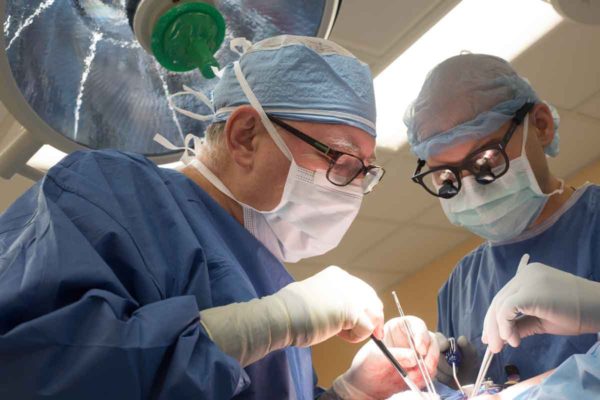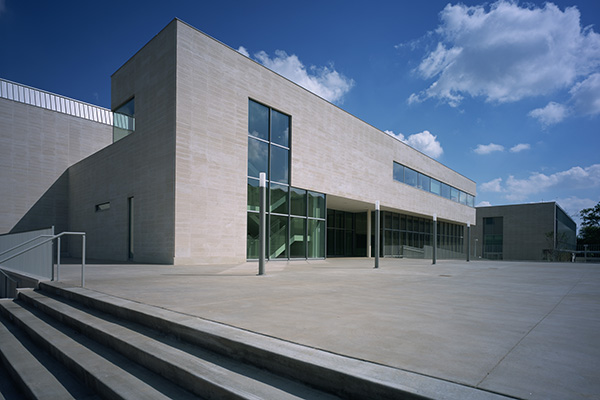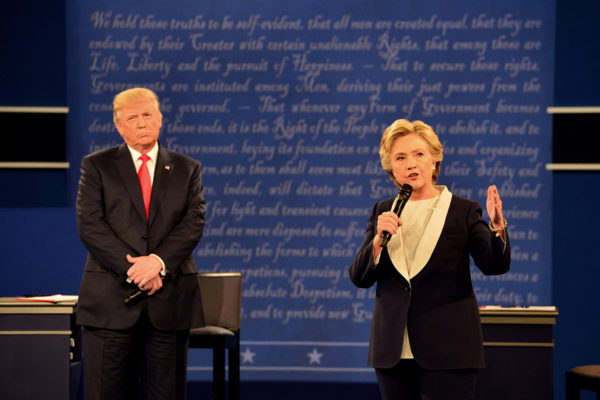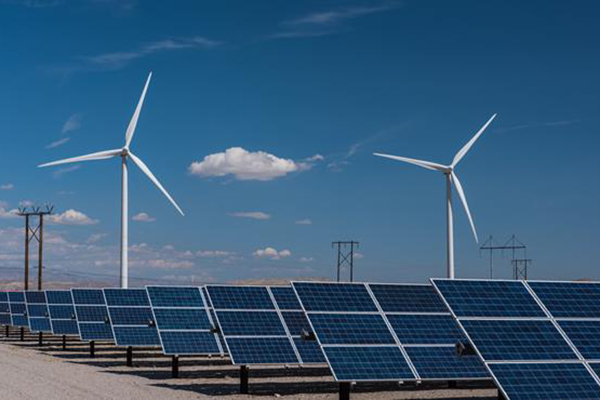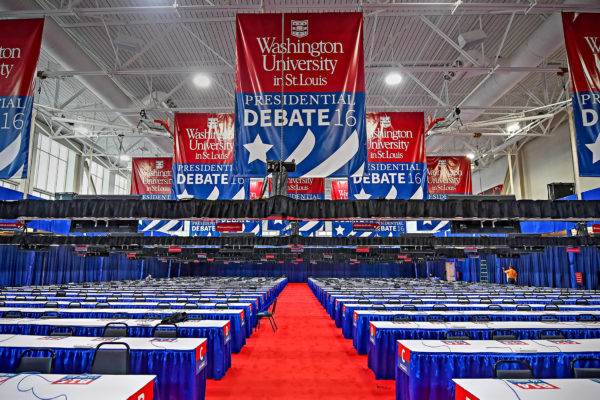Surgery helps MLB pitchers overcome nerve-compression injuries
Research from the School of Medicine shows that surgery to correct nerve-compression shoulder injury can help Major League Baseball pitchers return to the game and perform at, or better than, pre-injury play.
Mildred Lane Kemper Art Museum to expand
The Mildred Lane Kemper Art Museum is a Washington University treasure and one of the oldest teaching museums in the country. Now, to help secure the museum’s future, the William T. Kemper Foundation has pledged $5 million to fund long-range capital needs, including a major expansion.
Witnessing a ‘historic moment’
As the eyes of the world were focused on Washington University, here’s what one set of eyes inside the debate hall observed.
‘A moment the nation was waiting for’
Washington University hosted what pundits and politicians alike called one of the most historic presidential debates in history. Democratic nominee Hillary Clinton and Republican nominee Donald Trump faced off Oct. 9 in the Field House, in front of a crowd of 1,000, including students, politicians and dignitaries.
All the world’s stage
The eyes of the world will be on this very stage beginning at 8 p.m. (CDT) tonight. Here’s a behind-the-scenes look.
Methadone provides pain relief for kids with sickle cell
Many children with sickle cell disease experience frequent and severe pain episodes, requiring emergency room visits or hospitalization. In search of more effective ways to treat such pain, researchers at Washington University School of Medicine in St. Louis have found that adding a low dose of the drug methadone to standard treatment can limit pain experienced by children with the condition.
Engineers win $2 million grant to design better batteries
Batteries’ performance and durability have improved in recent years, but there are still limits on what can be used safely and efficiently. Vijay Ramani, of the School of Engineering & Applied Science, received a $2 million grant from the U.S. Department of Energy to create a new membrane for batteries.
Ready for our close-up
This Sunday, Oct. 9, Washington University will host the second presidential debate. A supporting cast of more than 4,500 journalists, student volunteers, local police officers, vendors, student audience members, campaign staff and surrogates, and university employees also will play important roles in this historic event.
Advisers to Clinton, Trump to debate economic policies
Economic advisers to presidential candidates Hillary Clinton and Donald Trump will offer their insight into the candidate’s economic platforms as they square off in their own debate at 1:30 p.m. Sunday in the Steinberg Auditorium.
Decoding of tarsier genome reveals ties to humans
Small enough to fit in your hand, with enormous eyes and an appetite for meat, tarsiers are an anomaly of nature. They are also our distant cousins, according to scientists at Washington University School of Medicine in St. Louis, who recently sequenced and analyzed the tarsier genome.
View More Stories
